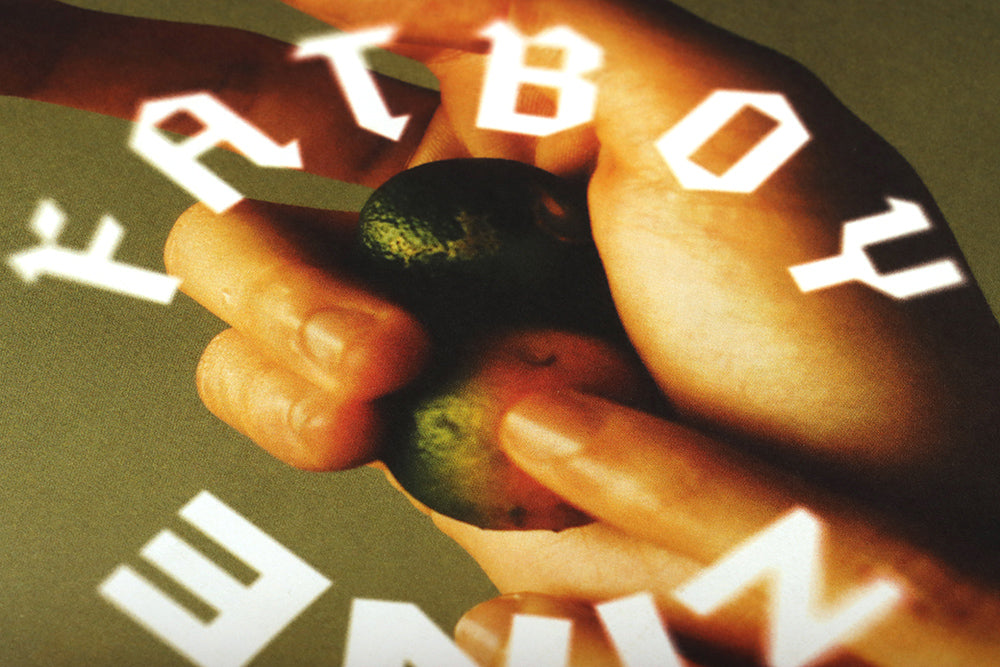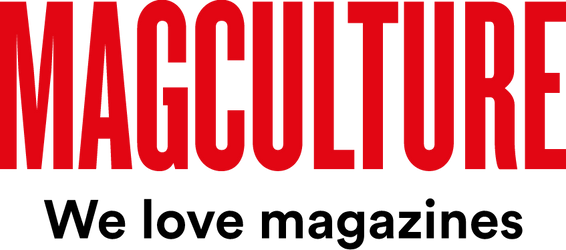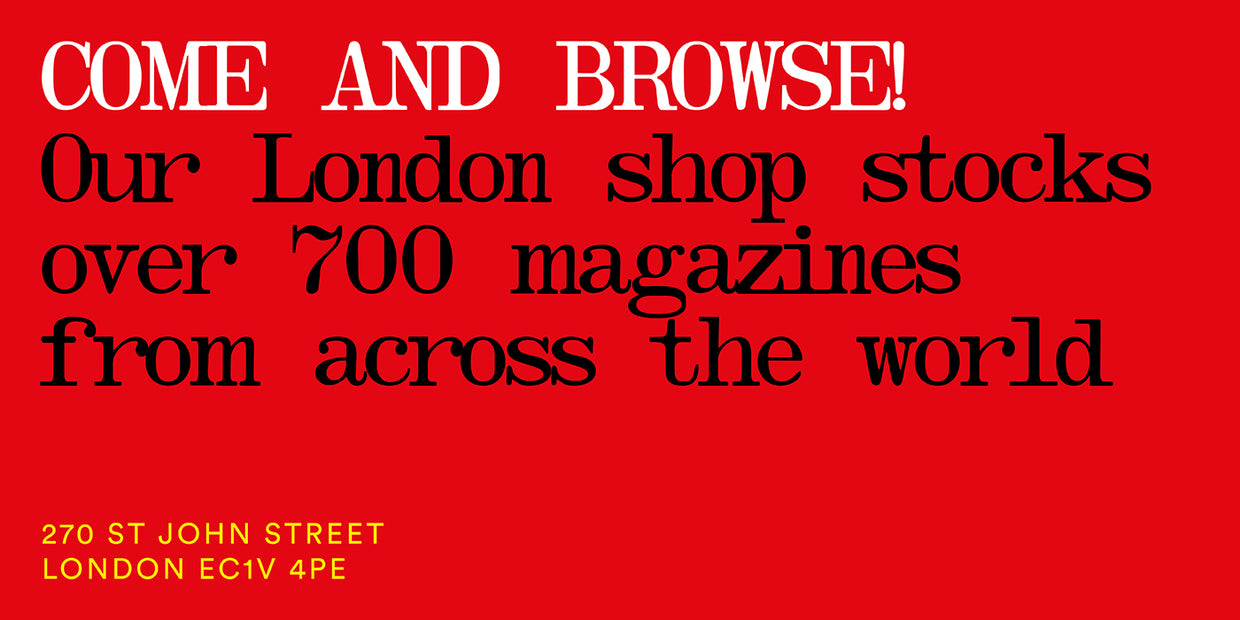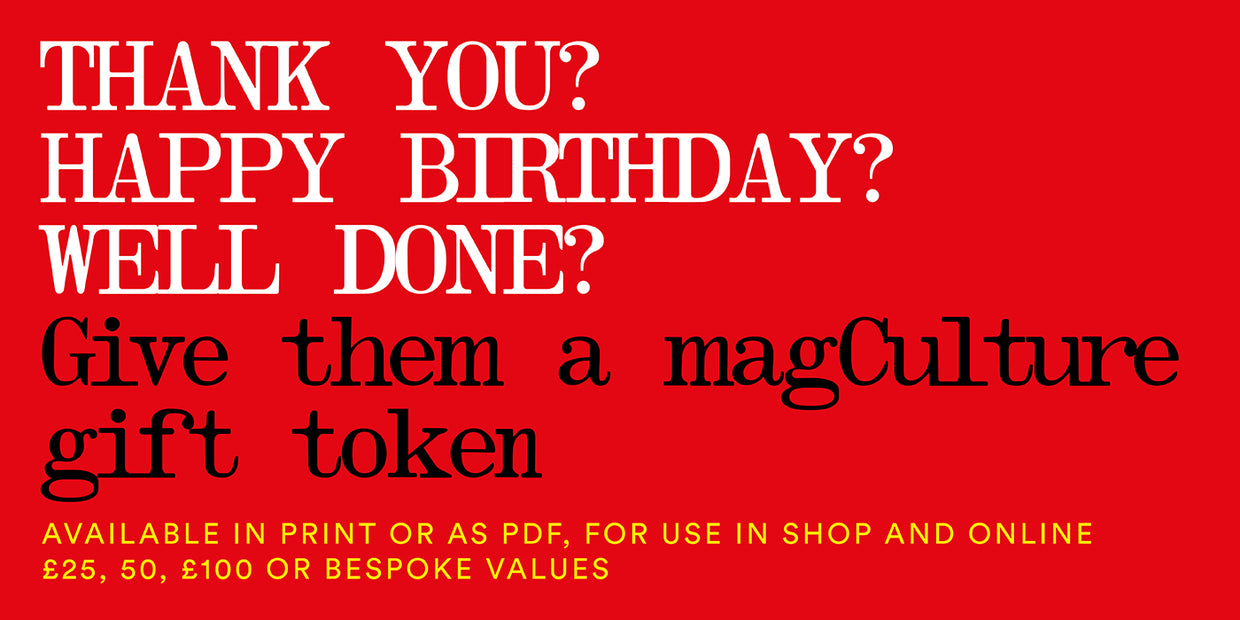
FatBoy Zine #4
It’s not always clear why but sometimes a particular magazine just gets to you. There’s something at its core that speaks to something at yours. For me right now, that’s FatBoy Zine
Modestly described as a ‘diary and cookbook’ by creator Chris O’Leary, this slim but ‘greedy attempt to document Asian food and identity’ is incredibly sweet and near-enough edible. I’d come across the name FatBoy Zine at some point and must have held it somewhere in my consciousness but (somehow) it wasn’t until their current, fourth issue that I re-made the connection and, one recent autumn afternoon, a neat stack arrived at the magCulture shop.

Reflecting the changing season, the cover of issue #4 is suitably earthy—olive green foregrounded by a pair of hands, golden-hued and holding up two small green and red fruit. At just 56 pages in length, FatBoy Zine is arguably one of the more ‘zine-ish’ publications we stock—it’s staple-bound for one—but the quality of its paper (they’re sponsored by G.F Smith) and its smart design both on and offline elevate it above the more lo-fi aesthetic of a ‘zine, zine’.

Opening it up, we’re greeted with a double-page spread titled in large red, serif and sans-serif type ‘Together we are, everywhere at once’ (a nod to Everything Everywhere All at Once?) It’s made clear from the outset that this edition is different from the three that have preceded it.
‘It took a whole year to figure out how to express this issue,’ writes O’Leary in italic copy set against a background of cloudy blue sky. ‘Unlike previous issues, we’re not exploring a specific place, but instead a shared point of view.’

The thread holding the issue together isn’t a city, region or country as has been the format until now. Instead, it’s the influence Asian people have had, and continue to have, on the places they’ve settled outside of Asia, more specifically the UK and US. This issue is for those ‘who’ve left home and chose (or ended up) representing it in our own way, on our terms,’ continues Chris.
‘[It] celebrates being outside of Asia, and building a smaller world around yourself.’ A small world built, in part at least, through the foods cooked both alone and and with others.

As for the content itself, the core ingredients of FatBoy are made up of interviews, short but sweet recipes and food photography by Emily Leonard and Ken Lam (including an ode to Ken’s beautiful grandmother in its final pages, above). Interspersed between the ‘meat of the magazine’ are section headers, visually-led and calling us ‘to the table’ or asking casually, ‘Dessert, anyone?’
The main courses though are interviews with different chefs, cooks and restaurateurs who’ve made their home (and kitchens) outside of Asia. There’s Lucas Sin, creator of New York eateries Junzi, Eat Nice Day and pop-up shyboyzclub. There’s London-based Rahel Stephanie who created the (utterly incredible-looking) Indonesian supper club Spoons, rightly putting Indonesian food on the map in the capital and beyond, and—one that most Londoner’s will recognise—BAO founders Tat Chung and Erchen Chang, the pair behind the hit Taiwanese-made, London-based chain.

What sticks with me the most while reading FatBoy however, is the way it feels like sitting down to dinner with an old friend. I’m not part of the Asian diaspora, but I’m instantly at home within its pages—their stories feel familiar. I spend a while thinking on this and, a day or so later, settle on the fact that I’ve been thinking about my own family a lot recently. Where I come from, the different cities I’ve called home, and—perhaps unusually for someone who grew up largely on mashed potato—the food I grew up eating. (Christmas, already glittering on the horizon, always does this for me).
‘FatBoy started as a way for me to deal with how I was feeling. Originally it was like therapy,’ Chris tells me when I reached out to ask him what makes the project meaningful for him. ‘Now it’s become something better where I get to use it to celebrate people and their ideas, it’s moved on from being about me to being about the community I care about.’

Food, family, making a home for ourselves in places and cultures other than our own—it’s all in here. Though celebrating Asian food and identity is absolutely at the heart of FatBoy Zine, the wider themes of this issue ring true for anyone who finds themselves representing a marginalised community or making a home away from home. It’s about making yourself in a new city, finding your people, helping to lift up the stuff you care about—and eating really good food.
‘It’s like, instead of cooking for one person to show them I love them, I get to cook for loads of people and show them all I care!’ Chris adds with a smile.
Luckily for us, we’re all invited to this paper-based dinner party.
@wordsbydanielle


